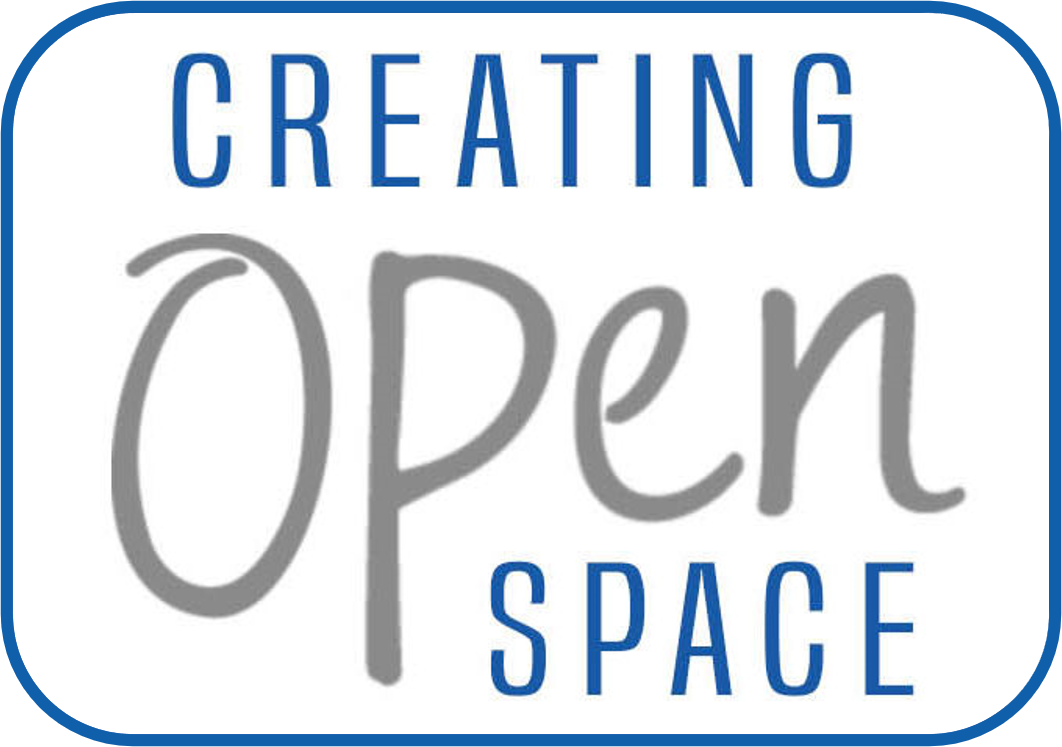Tell Me Your Story
One of my favorite TED talk quotes is from a fellow coach, Chalmers Brothers:
“You and I, and all of us: We are confronted with events…events at home, events at work, events with our kids, events in college, events at the beach – events. And what we do as a human being: we make up stories about these events, we hold these stories to be the truth, and we forget that we made them up.”
Tell me the story of how you got to where you are today. Tell me the story of your greatest success. How about your greatest failure?
“What if we could drop the “right/wrong” scaffolding around the explanations that we have. What if we could replace right/wrong with “powerful / un-powerful.” Is this explanation powerful or un-powerful, given the results I say I want?”
Is the story of how you got to where you are today a powerful one, given the future you want for yourself? Are the stories of your greatest success and greatest failure powerful, given the challenges you face today and tomorrow?
“Now when I say ‘story’ I don’t mean fib or fabrication,” Chalmers goes on to say. “It’s not a purposeful manipulation, it’s not a self-deception – it’s an interpretation, an explanation. A crucial distinction for us to possess is ‘Event Explanation.’”
In just 30 seconds of a short TEDx talk, Chalmers hits on something that most business professionals overlook a thousand times a day. Our stories may feel true; they may reflect fact; they may even express empathy. But, all too often, they lack power. Too often, our stories are not powerful enough for the results we say we want. Consider three examples from my own work as a leadership coach:
Barbara is a senior director seeking a seat in the C-suite. When asked why she wasn’t selected for a position she wanted, she told the story of unfair politics. This story made her so bitter that she began looking for jobs elsewhere. Barbara didn’t realize that she was choosing this explanation; even when challenged as to whether there was another way to look at her predicament, she was adamant that she was a victim of an unfair system.
Jin Lui is a Regional Director unhappy with his industry. Jin Lui’s story was that he was singularly talented — a fantastic leader within that industry, with no chance of contributing outside of it. His story was limiting the rest of his career to one very small slice of the business sector.
Marco, meanwhile, told me the story of his good luck, great mentors, and fortunate timing. Something about his steadiness and wisdom led me to believe that there was more to the story. In each of these cases, the stories my clients told themselves (and others) did not serve them well. To their credit, each realized that their story was limiting and invested hard work in writing a new one.
“Out of any given event, how many possible explanations are there? Infinite. What if we could break a habit? What if we could break the habit of throwing the ‘right/wrong’ scaffolding on top of our and other people’s explanations? -- My explanation is right, yours in wrong; this is right, this is wrong -- What if we could stop that, and instead have something called ‘powerful/un-powerful’. It would look like this: Is your explanation powerful or un-powerful, given the results you say you want? Does my explanation serve me or not serve me, given what I say I want to be, do, or have in this situation?”
Barbara chose to begin focusing on her company’s sincere desire to set her up for success in the long run. Jin Lui began describing the ways he can transfer his exceptional leadership skills across industry lines. Marco began sharing stories of hardships he had overcome. These new stories are more powerful not because they are any more (or less) true, but simply because they move each person towards the results they want for themselves. What’s your story? Is it serving you today? Is it getting you to where you want to be tomorrow? Do you want to tell your story in a more powerful way? Join me on Monday, January 9th at Noon for a free webinar. Share the love: Forward this to someone whose story is stronger than how they tell it.
